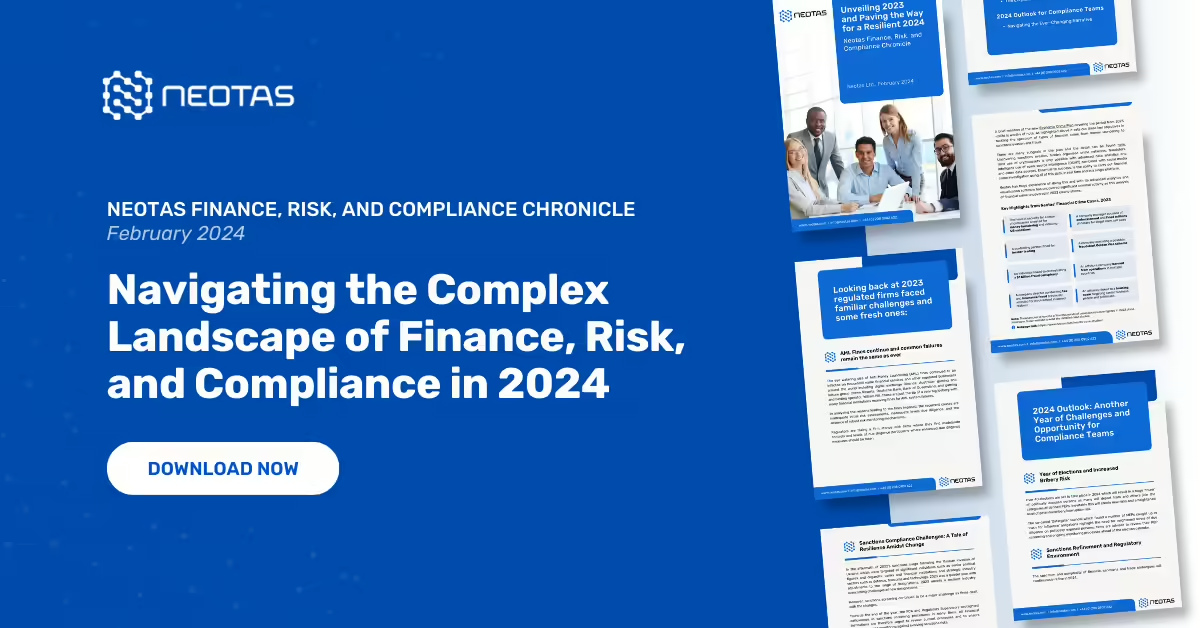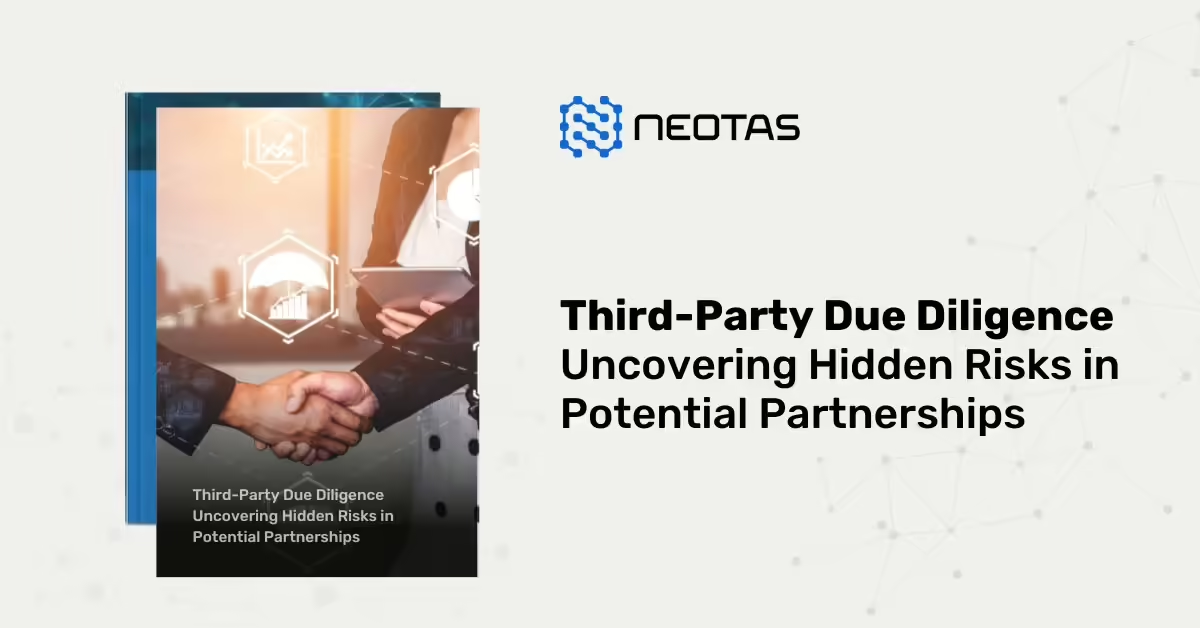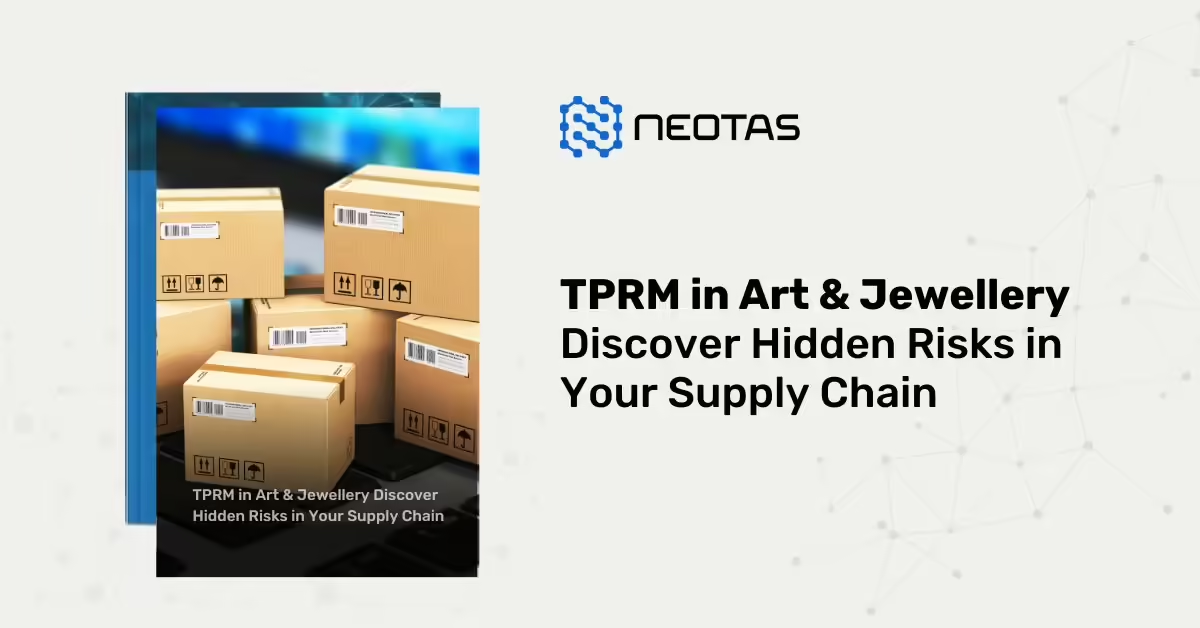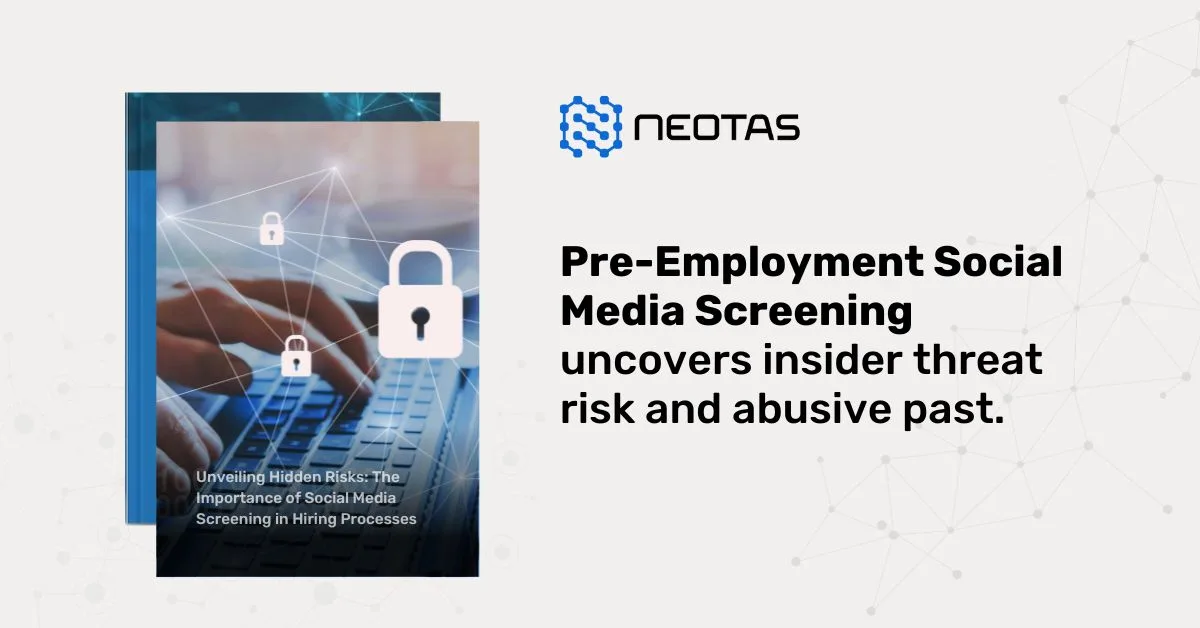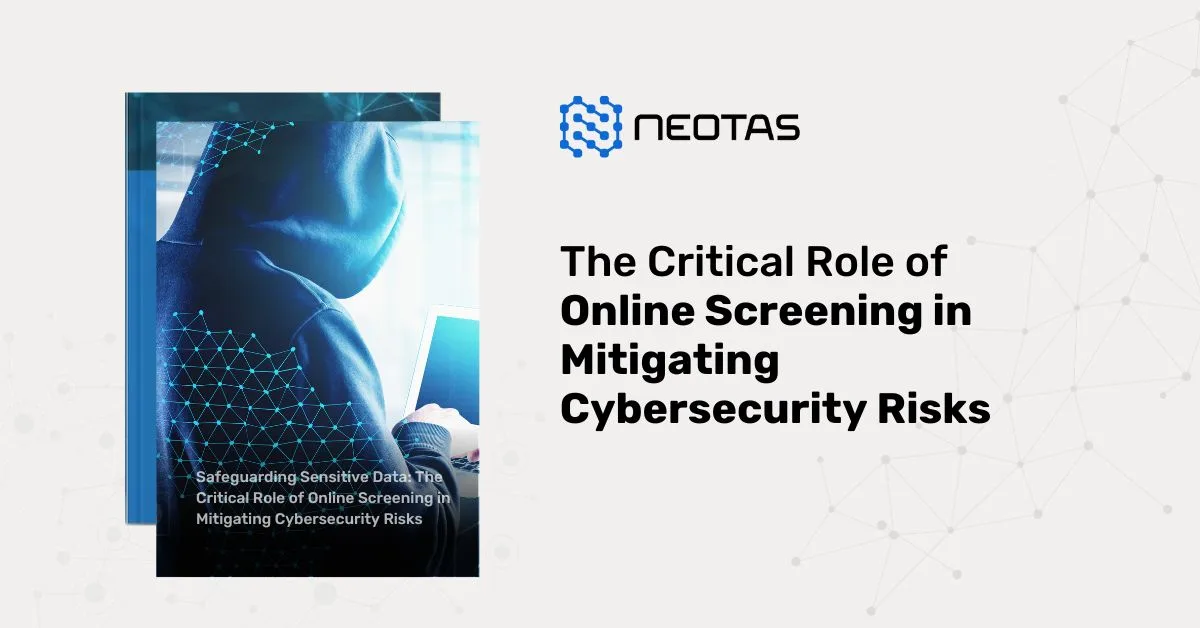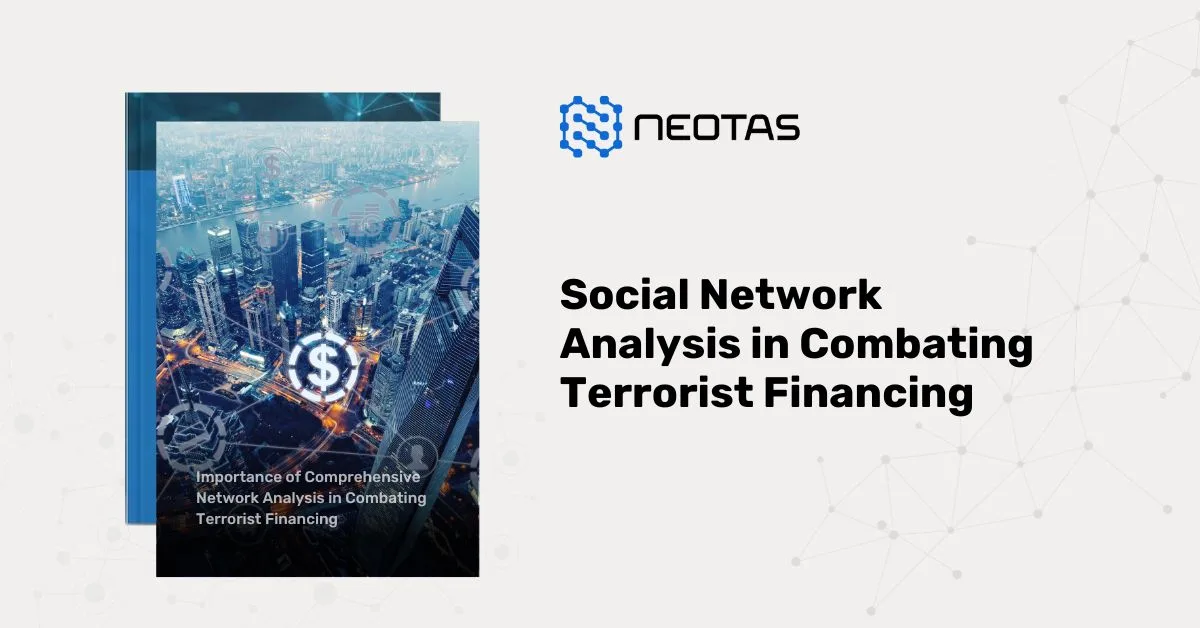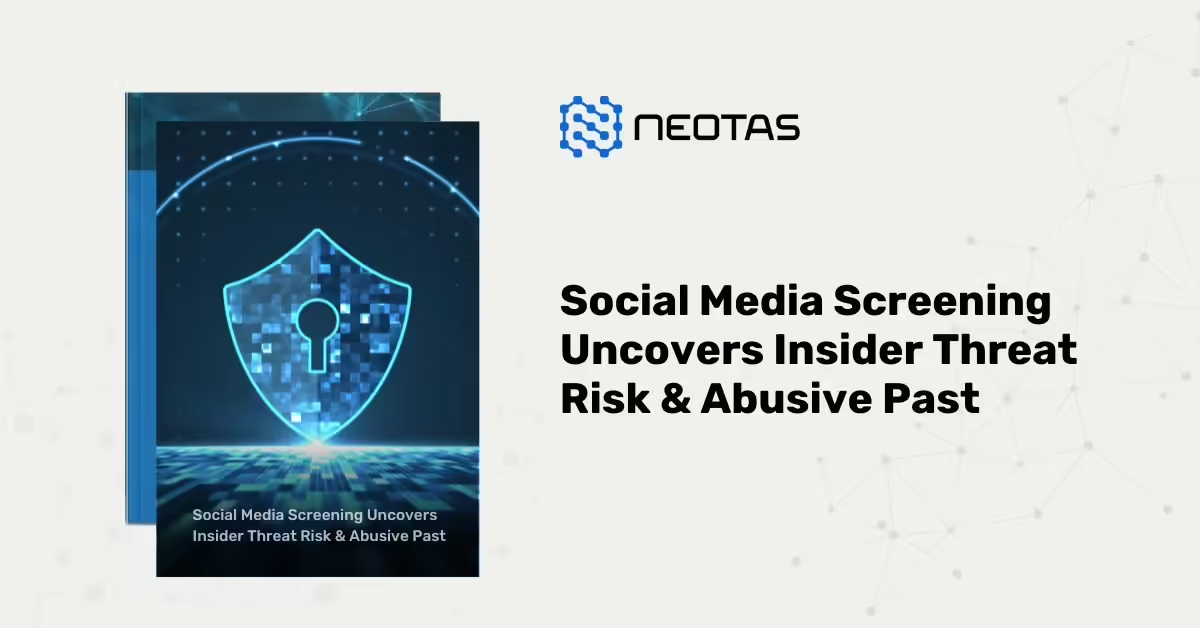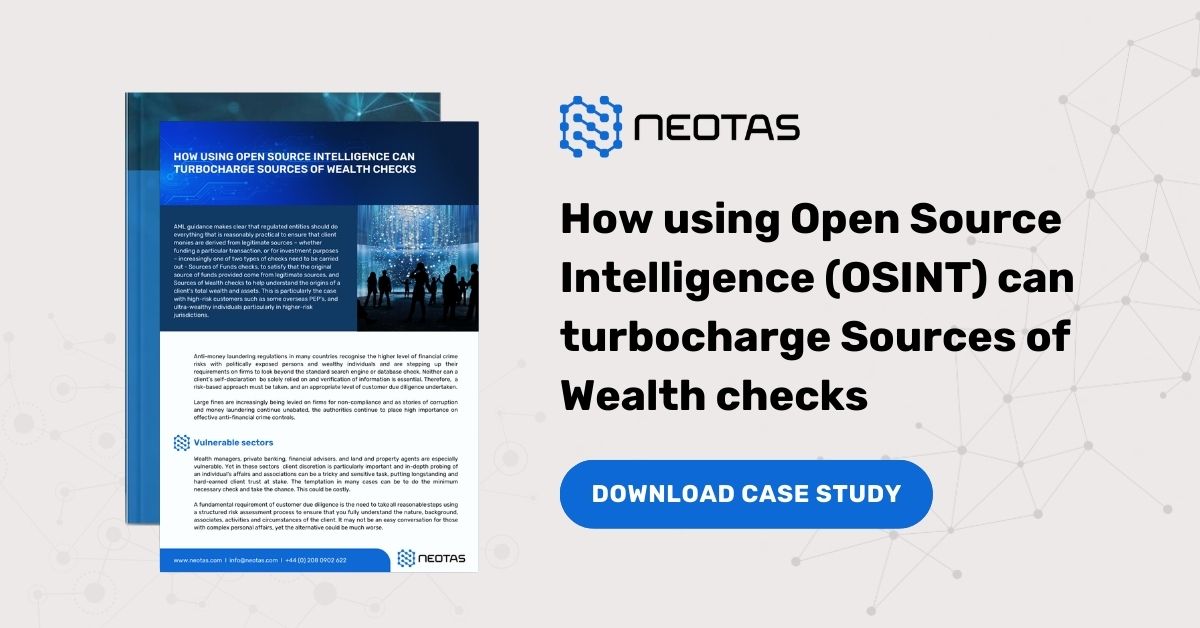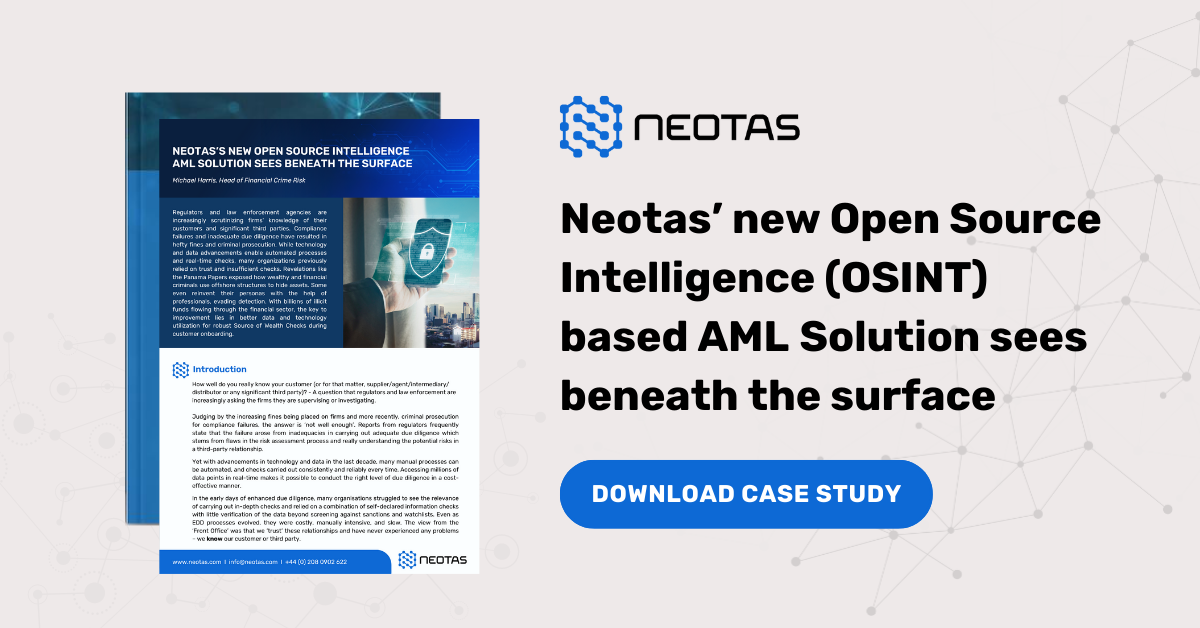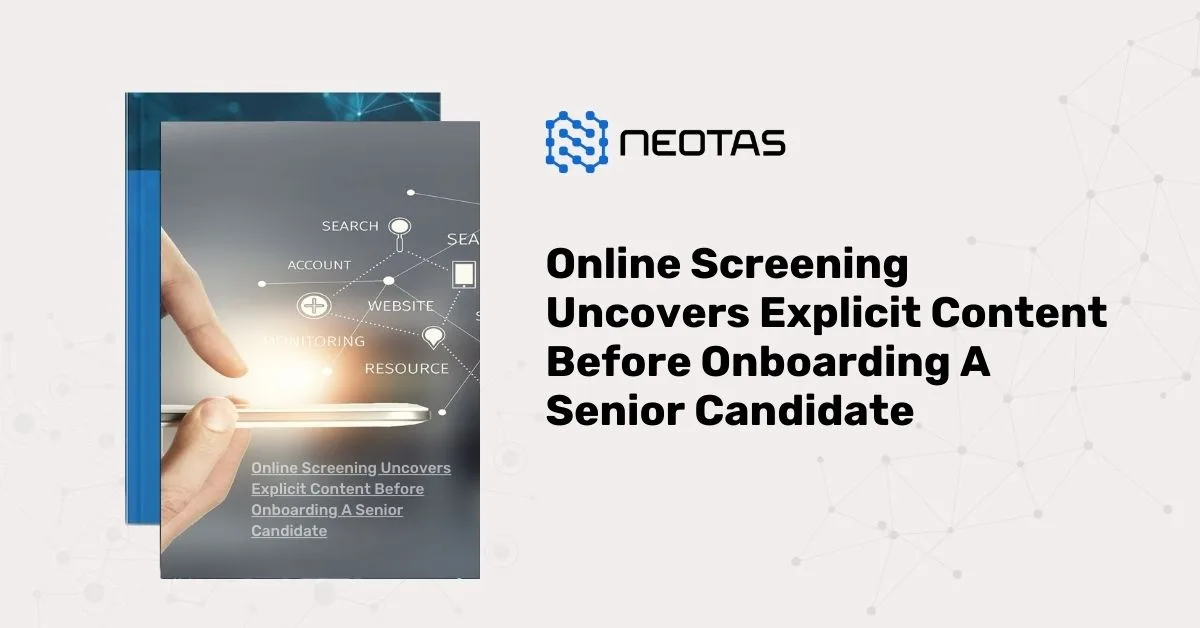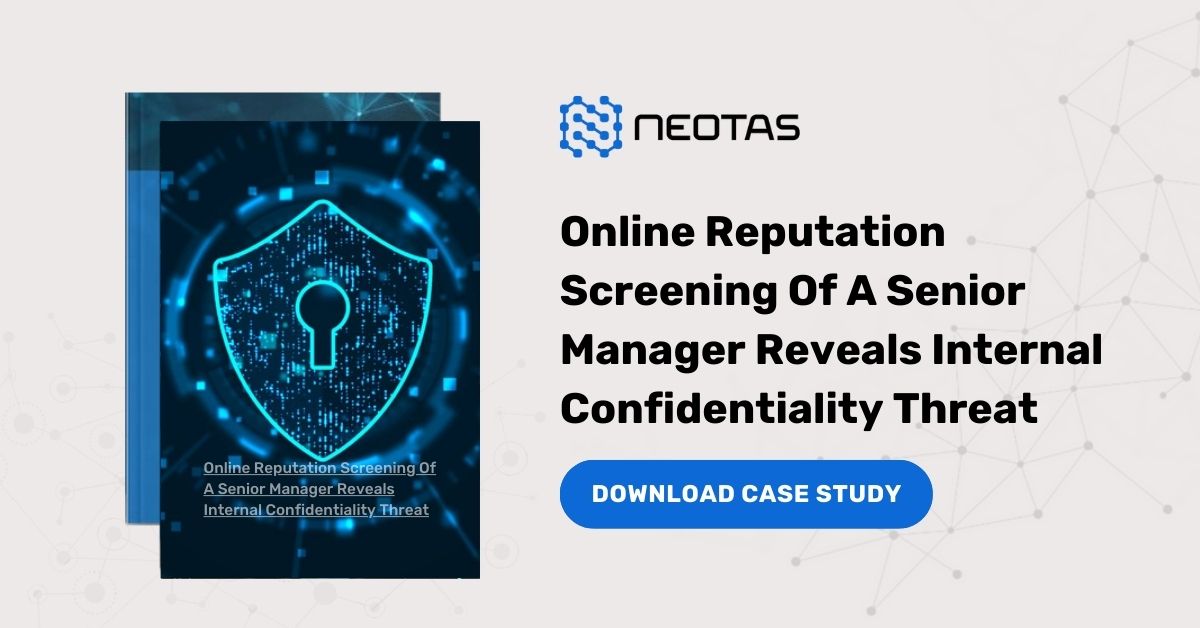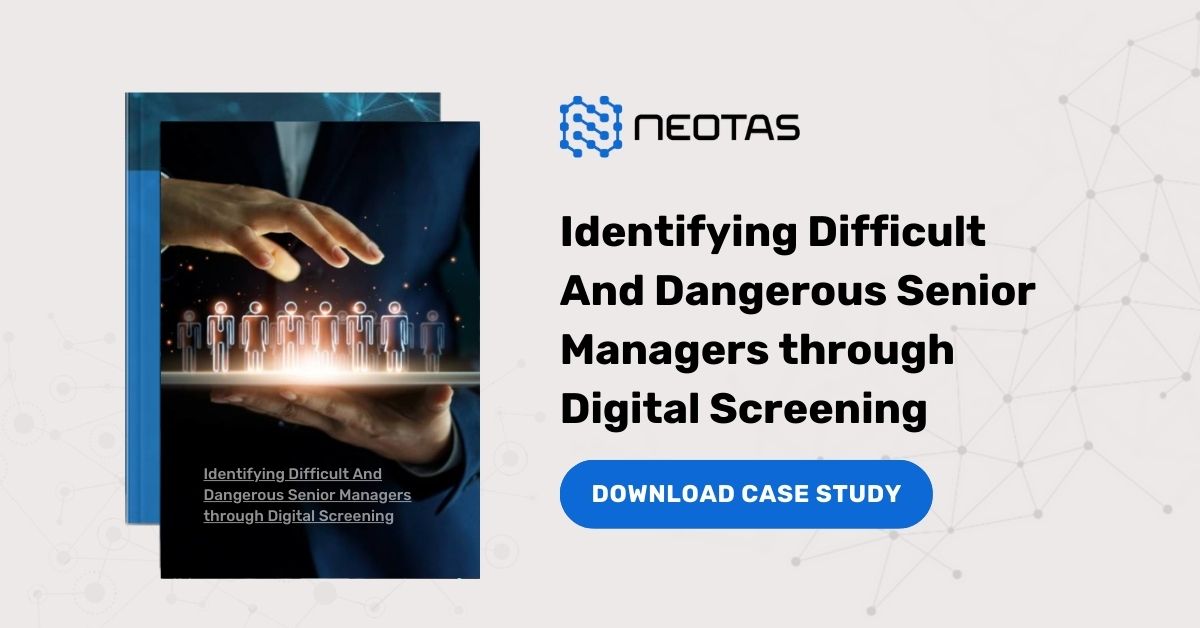AML Search
An AML search is a critical process performed by financial institutions and businesses to ensure compliance with Anti-Money Laundering (AML) regulations. This search involves a thorough examination of potential clients or business partners to verify their identities and assess any associated risks of money laundering activities. Given the complexity of financial transactions and the potential for illicit activities, conducting AML searches is fundamental to safeguarding the integrity of the financial system.
Key Components of an AML Search
- Customer Identification Program (CIP):
An AML search begins with the Customer Identification Program (CIP), which requires institutions to collect essential information about the customer, such as:- Full name
- Date of birth
- Address
- Identification numbers (e.g., passport or national ID)
This information is crucial for verifying the identity of clients and ensuring they are who they claim to be.
- Risk Assessment:
Following identity verification, institutions assess the risk level associated with each client. Factors taken into consideration during the risk assessment process include:- The client’s geographical location: Clients from high-risk jurisdictions may pose greater risks.
- The nature of the client’s business or profession: Certain industries are more susceptible to money laundering.
- The client’s transaction history: Unusual or high-volume transactions may indicate potential money laundering activities.
By categorising clients based on their risk profiles, institutions can tailor their monitoring and due diligence efforts accordingly.
- Screening Against Sanctions and Watch Lists:
AML searches involve screening clients against national and international sanctions lists, such as:- The Office of Financial Sanctions Implementation (OFSI) in the UK
- The U.S. Department of Treasury’s Office of Foreign Assets Control (OFAC)
- Lists maintained by the United Nations (UN) and other regulatory bodies
This screening helps identify individuals or entities that are prohibited from engaging in financial transactions due to their involvement in criminal activities or terrorism.
- Ongoing Transaction Monitoring:
AML searches are not a one-time event; they require continuous monitoring of customer transactions to identify any unusual or suspicious activities. This monitoring includes:- Analysing transaction patterns and volumes
- Identifying deviations from expected behaviour
- Flagging transactions that exceed certain thresholds
Ongoing monitoring ensures that institutions can respond promptly to any suspicious activity and adjust their risk assessments as necessary.
- Reporting Suspicious Activity:
When a financial institution identifies potentially suspicious transactions during an AML search or ongoing monitoring, it has a legal obligation to report these to the relevant authorities. In the UK, this typically involves submitting a Suspicious Activity Report (SAR) to the National Crime Agency (NCA). Timely reporting is crucial for enabling authorities to investigate and take appropriate action against money laundering and related crimes. - Documentation and Record Keeping:
Proper documentation of all AML searches and related activities is essential for regulatory compliance. Financial institutions must maintain records of:- Customer identification information
- Risk assessments
- Transaction monitoring logs
- Any reports submitted to authorities
These records must be retained for a specified period, often up to five years, to facilitate audits and regulatory reviews.
Importance of AML Searches
The importance of conducting AML searches cannot be overstated. They are a fundamental aspect of a financial institution’s AML compliance programme and serve several critical purposes:
- Preventing Financial Crime: By identifying and addressing potential risks, AML searches help prevent the financial system from being exploited for illegal activities, including drug trafficking, fraud, and terrorism financing.
- Regulatory Compliance: AML searches ensure that institutions comply with various regulatory requirements, helping them avoid hefty fines, penalties, and reputational damage.
- Enhancing Business Reputation: Conducting thorough AML searches demonstrates a commitment to ethical practices and regulatory compliance, which can enhance an institution’s reputation among clients, partners, and stakeholders.
- Protecting Stakeholders: By mitigating the risks associated with money laundering, AML searches protect not only the institution but also its clients, investors, and the wider community from the negative impacts of financial crime.
An AML search is a vital process that plays a crucial role in the fight against money laundering and related financial crimes. By thoroughly verifying client identities, assessing risks, and maintaining robust monitoring and reporting mechanisms, financial institutions can significantly reduce their exposure to financial crime and ensure compliance with regulatory requirements. Ultimately, AML searches contribute to the integrity and security of the financial system, safeguarding the interests of all stakeholders involved.
About Neotas Due Diligence
Neotas Platform covers 600Bn+ archived web pages, 1.8Bn+ court records, 198M+ corporate records, global social media platforms, and 40,000+ Media sources from over 100 countries to help you build a comprehensive picture of the team. It’s a world-first, searching beyond Google. Neotas’ diligence uncovers illicit activities, reducing financial and reputational risk.
WHAT WE OFFER
- Complete, Automated AML Solutions – Tailored to meet regulatory requirements for detecting and preventing money laundering activities.
- Seamless, Easy-to-Use Platform – Featuring interactive dashboards and management tools for efficient oversight.
- Single Workflow Platform – Consolidating all AML operations into a unified, easy-to-navigate system.
- OSINT-Driven Intelligence – Incorporating unstructured and structured data from open sources to uncover hidden risks.
- Dynamic Monitoring & Alerts – Real-time monitoring of individuals, entities, and transactions, with risk-based alert frequencies.
- Enhanced Due Diligence – Comprehensive checks on high-risk entities, including AML Regulated organisations, vendors, and customers.
- Seamless Integration – Easily integrates with existing AML, KYC, and compliance systems.
- Managed Service Option – Access to expert-driven, report-based AML assessments.
- Comprehensive Value Chain Monitoring – Covering all relevant actors, from customers to intermediaries and vendors.
Our automated AML monitoring continually tracks high-risk individuals and entities, providing immediate alerts on any significant changes or suspicious activities.
Neotas is a leading SaaS platform widely deployed by organisations for investigating suspected financial crime.
 AML Case Studies:
AML Case Studies:
- Case Study: OSINT for EDD & AML Compliance
- Overcoming EDD Challenges on High Risk Customers
- Neotas Open Source Intelligence (OSINT) based AML Solution sees beneath the surface
- ESG Risks Uncovered In Investigation For Global Private Equity Firm
- Management Due Diligence Reveals Abusive CEO
- Ongoing Monitoring Protects Credit Against Subsidiary Threat
- AML Compliance and Fraud Detection – How to Spot a Money Launderer and Prevent It
 AML Solutions:
AML Solutions:
- Risk-Based Approach (RBA) to AML & KYC risk management
- Anti-Money Laundering (AML) Compliance
- Anti-Money Laundering (AML) Checks
- Anti-Money Laundering (AML) Regulations
- Anti-Money Laundering (AML) Compliance Checklist
- Anti-Money Laundering (AML) Compliance Checklist for Banks
- Anti-Money Laundering (AML) Transaction Monitoring
- Money Laundering Reporting Officer (MLRO) – Roles and Responsibilities of an MLRO
- What is Customer Due Diligence in Banking and Financial Services?
Manage Financial Compliance and Business Risk with Neotas AML Solutions.
Neotas is an Enhanced Due Diligence Platform that leverages AI to join the dots between Corporate Records, Adverse Media and Open Source Intelligence (OSINT).
Schedule a Call or Book a Demo of Neotas Anti-money laundering (AML) Solutions.

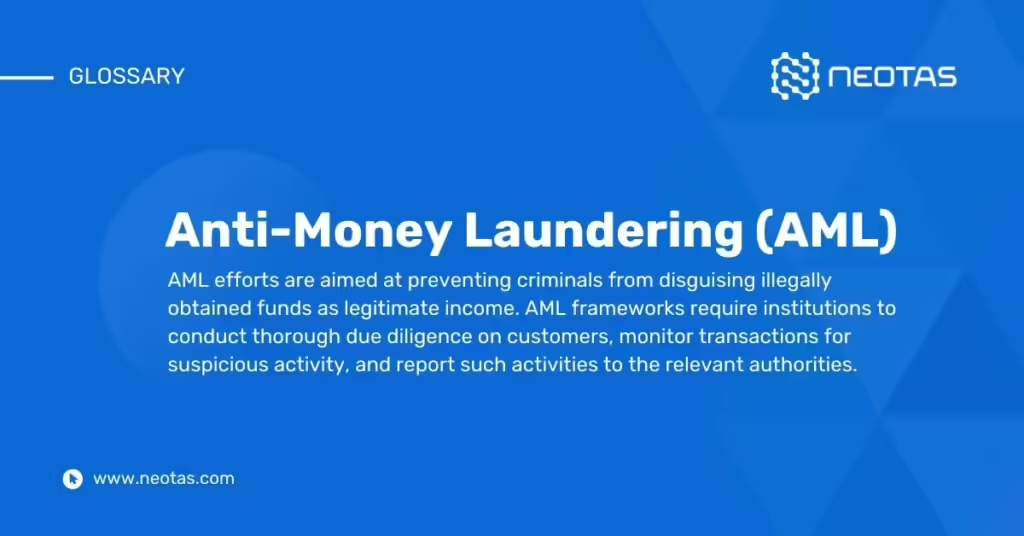

 Financial Crime Compliance Trends 2024
Financial Crime Compliance Trends 2024